How to Become ADC (Aide-de-Camp) to President of India?
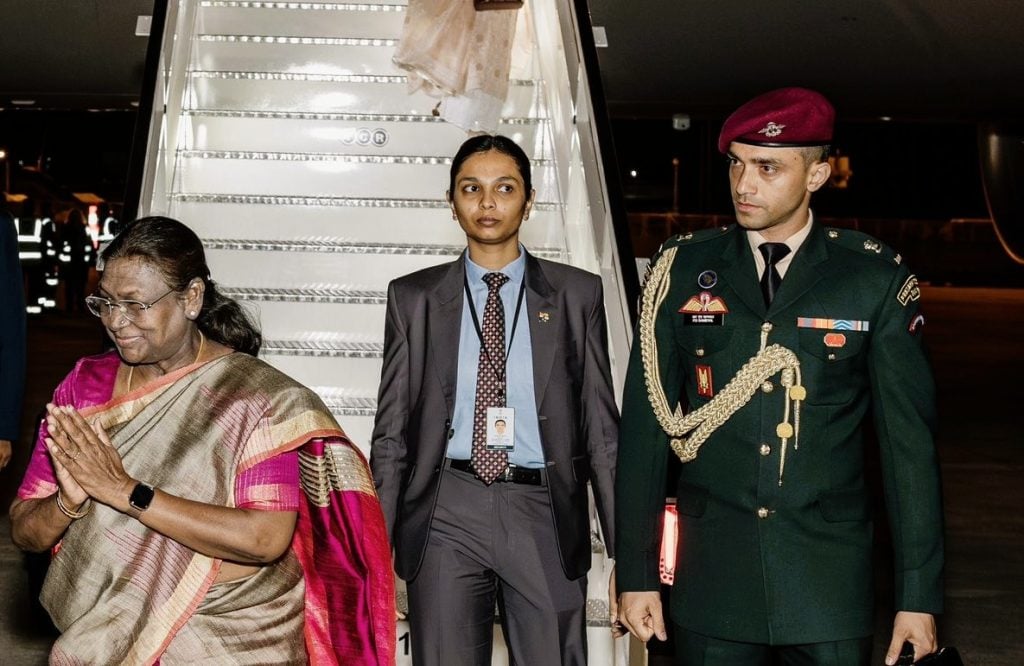
Becoming an Aide-de-Camp (ADC) to the President of India is one of the most prestigious positions within the armed forces, representing a unique blend of responsibility, honor, and service. The role of an ADC is multifaceted, encompassing personal and administrative assistance, while serving as a vital link between the highest office in the country and various governmental departments.
The journey to this esteemed position is highly competitive, requiring candidates to demonstrate exceptional skills, experience, and leadership within their respective military branches. This article delves into the critical pathways, roles, and attributes necessary for aspiring candidates to secure a position as an ADC, alongside the historical significance and impact of this role in the context of Indian governance.
SSB Interview Books Power Pack: 4 Must Read Books for Defence Aspirants
Rs. 1,760.00
Sale price
Rs. 1,399.00
Let's Crack SSB Interview Book [Paperback]
Rs. 390.00
Sale price
Rs. 360.00
Breaking The Code of SSB Psychological Tests Book - SSB Interview (TAT/WAT/SRT/SD)
Rs. 390.00
Sale price
Rs. 360.00
OIR Test & PPDT Book - SSB Interview Screening Test - Stage 1 Testing
Rs. 490.00
Sale price
Rs. 375.00
Historical Context
The tradition of Aide-de-Camps (ADCs) dates back to military practice in numerous global settings, where officers would assist high-ranking officials in various capacities. In India, the role of ADCs to the President has evolved to symbolize not just military honor but also the deep-rooted relationship between the armed forces and civil authority. Since independence, ADCs have played pivotal roles during major national events, serving the President while also representing the Indian Armed Forces’ commitment to duty and excellence. The position holds significance not just due to its honor but also because ADCs partake in critical decision-making processes that affect national policy and governance.

Eligibility and Qualifications
The path to becoming an ADC is not set for everyone; it is designed specifically for officers in the Indian Armed Forces. The following are key eligibility criteria and qualifications that a candidate must fulfill:
Selection Exclusively from the Armed Forces
- ADCs are selected from various branches of the Indian Armed Forces, which include the Indian Army, Navy, and Air Force. This selection ensures that candidates possess robust military training, experience, and ethos that align with the high standards of the office they aspire to serve.
Experience Required
- Candidates typically require a service record of 5 to 7 years, backed by a proven performance history. This experience must reflect strong leadership capabilities and exemplary conduct.
Administrative and Leadership Skills
- The administrative demands of the role necessitate that candidates possess outstanding organizational and leadership skills. A deep understanding of the Indian political and bureaucratic landscape is essential for navigating the intricate workings of the governmental framework.
Language and Communication Proficiency
- Proficiency in English is mandatory, alongside at least one other Indian language. This requirement underlines the importance of effective communication within a diverse linguistic context, ensuring that ADCs can engage with various stakeholders seamlessly.
Personal Attributes
- Candidates must cultivate excellent interpersonal skills, adaptability, and the ability to perform excellently under pressure while upholding confidentiality. These attributes are crucial for handling various unexpected challenges that may arise during official duties.
SSB Interview Study Material 2025 [ Pack of 17 eBooks ]
Rs. 1,313.00
Sale price
Rs. 499.00
Thematic Apperception Test (TAT) Part 1 eBook [100+ Stories]
Rs. 150.00
Sale price
Rs. 139.00
SSB Lecturette Topics Part-1 eBook [100 Topics]
Rs. 149.00
Sale price
Rs. 125.00
OIR Test eBook with 20 Practice Sets - [1000+ Questions Included]
Rs. 250.00
Sale price
Rs. 199.00
Selection Process
The selection of ADCs is an internal affair strictly within the armed forces. The following outlines the systematic process that candidates undergo:
Nomination
- Aspiring ADCs are nominated by their respective branches based on their service records, leadership qualities, and demonstrated excellence in various roles. This nomination process highlights the importance of reputation within the armed forces.
Screening Process
- Once nominated, candidates go through a comprehensive screening that includes an evaluation of their service records, performance appraisals, and personal interviews. This rigorous process serves to gauge not just the candidates’ qualifications, but also their temperament and readiness for a role of such responsibility.
Interview by Selection Committee
- Shortlisted candidates are interviewed by a high-level selection committee comprised of senior officials and representatives from the President's office. The committee assesses not just the candidate’s military credentials but also their vision and aptitude for the ADC role.
Comprehensive Security Clearance
- Following the interview, selected candidates must pass through a detailed security clearance process. This includes background checks and an evaluation of their financial and personal records to ensure there are no concerns regarding integrity or loyalty—attributes paramount for anyone in such a critical position.
Indian Military Academy IMA Coffee Mug
Rs. 699.00
Sale price
Rs. 499.00
NDA Service Before Self Coffee Mug
Rs. 699.00
Sale price
Rs. 499.00
Officers Training Academy OTA Chennai Coffee Mug
Rs. 699.00
Sale price
Rs. 499.00
Indian Naval Academy INA Ezhimala Coffee Mug
Rs. 699.00
Sale price
Rs. 499.00
Roles and Responsibilities
The ADC plays a crucial role in facilitating the President's work, bearing numerous responsibilities:
Personal and Administrative Assistance
- One of the primary duties is to provide personal administrative assistance. This involves managing the daily schedule of the President, wherein ADCs must prioritize tasks and ensure that all engagements are well-coordinated.
Protocol Activities and Correspondence
- Managing protocol activities is another essential function. ADCs must coordinate official events, ensuring adherence to protocol and security measures, while also handling official correspondence and travel arrangements.
Security Management
- Ensuring the security of the President during official events is a critical responsibility. ADCs collaborate with security agencies to mitigate risks and ensure a smooth flow of operations.
Representation
- ADCs may be called upon to represent the President at various meetings or events when necessary. This requires a deep understanding of the President's views and policies to accurately convey them in the ADC's interactions.
Administrative Duties
- ADCs routinely engage in activities designed to save the President’s time. This includes preparing trip itineraries, organizing calendars, and managing a host of administrative tasks that ensure efficient operations.
Also Read: IAS vs Army Officer: Who Earns More Money?
Composition of ADCs to the President
The structure of ADCs supporting the President is strategically chosen, consisting of officers from different branches of the armed forces:
-
Total ADCs: The President of India is supported by a team of five ADCs:
- Three from the Indian Army
- One from the Indian Navy
- One from the Indian Air Force
- Additionally, there is an honorary ADC from the Territorial Army.
This mix allows for a diverse set of perspectives and expertise, enriching the support provided to the President.
Training and Preparation
Upon selection, ADCs undergo comprehensive training aimed at equipping them for their essential duties:
-
Focus Areas:
- Protocol Management
- Security Procedures
- Administrative Tasks
- Preparation for higher officials' requirements
The rigorous training reinforces the principles and values expected from those in such esteemed roles, ensuring that ADCs are ready to navigate the complexities of their new responsibilities.
Honorary and Other ADCs
Beyond the President, several other high-ranking officials also have ADCs, reflecting the wide-reaching significance of the role within the governance framework:
- Service Chiefs: Chiefs of the Army, Air, and Naval Staff typically maintain three ADCs each, supporting them in their duties.
- State Governors: Governors have two ADCs—one from the Armed Forces and one from the police services, except in Jammu and Kashmir.
This multi-tiered system underlines the importance of protocol and representation within the Indian governance model.
While hard data specific to ADC performance may not be extensively published, insights from the Armed Forces can provide context around the selection and performance of ADCs:
- A survey conducted by the Ministry of Defence indicated that about 75% of nominated candidates had engaged in leadership positions within their service brackets, showcasing the competitive caliber expected for selection.
Moreover, trends indicate an increasing need for ADCs to balance both operational readiness while developing diplomatic communication skills, reflecting the evolving landscape of Indian governance.
Challenges and Solutions
The journey to becoming an ADC is fraught with challenges that candidates must prepare to navigate:
Challenge: High Competition
- Solution: Building a robust network within the military, engaging in continuous professional development, and demonstrating exemplary performance in various roles can set candidates apart.
Challenge: Balancing Responsibilities
- Solution: Candidates must hone their time management skills, learning to prioritize effectively and delegate tasks when necessary while maintaining exceptional standards of service.
Challenge: High-Pressure Situations
- Solution: Developing skills in crisis management, along with engaging in simulation exercises, can prepare prospective ADCs to maintain composure under pressure, ensuring that they can fulfill their duties without affecting the operations of the President’s office.
Future Trends and Predictions
As the role of the ADC continues to adapt within a dynamic political landscape, several predictions can be made:
- Increased Interdisciplinary Collaboration: Future ADCs may engage more extensively with civil bureaucracies, emphasizing the importance of cross-sectoral collaboration in governance.
- Enhanced Training Paradigm: Training programs might evolve to incorporate elements of public relations and digital communication, recognizing the increasing relevance of technology in governance.
- Diverse Representation: There may be a push towards greater representation, welcoming ADCs with diverse backgrounds to reflect India's demographic mosaic better.
Conclusion
Becoming an ADC to the President of India embodies an amalgamation of honor, responsibility, and immense dedication to service. The rigorous selection process, along with the necessary qualifications and attributes, establishes a challenging yet rewarding path for willing candidates. As the role continues to evolve in response to the changing political landscape, aspiring ADCs must remain vigilant and adaptable, embodying the values of excellence and integrity that this noble position demands.
In conclusion, for those dedicated to cultivating a career marked by high standards and service, the role of ADC to the President of India offers a unique and fulfilling opportunity to contribute to the nation’s governance at the highest level. Aspiring candidates should diligently prepare for this prestigious path, leveraging professional resources like SSBCrack for study materials and courses that can provide them with the edge needed to succeed in this competitive arena.
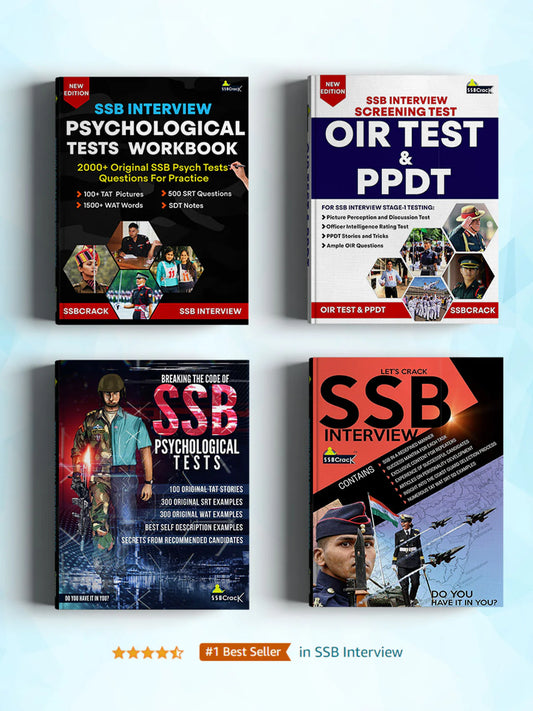

![Let's Crack SSB Interview Book [Paperback]](http://shop.ssbcrack.com/cdn/shop/files/ssb-books.webp?v=1736351621&width=533)

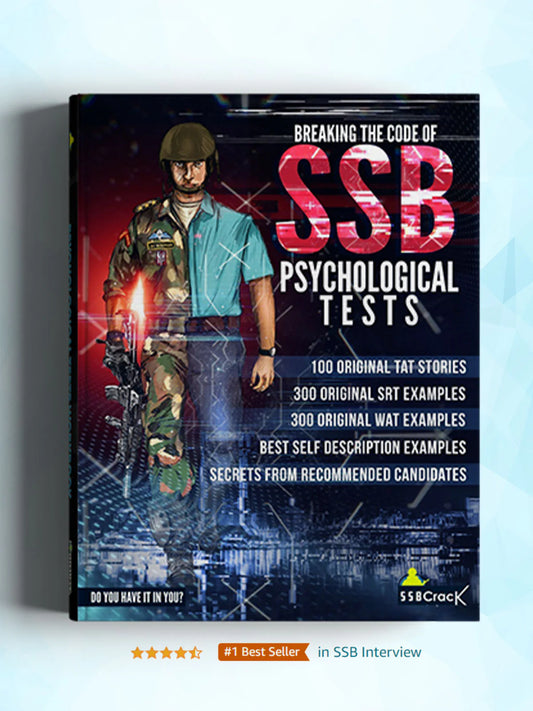

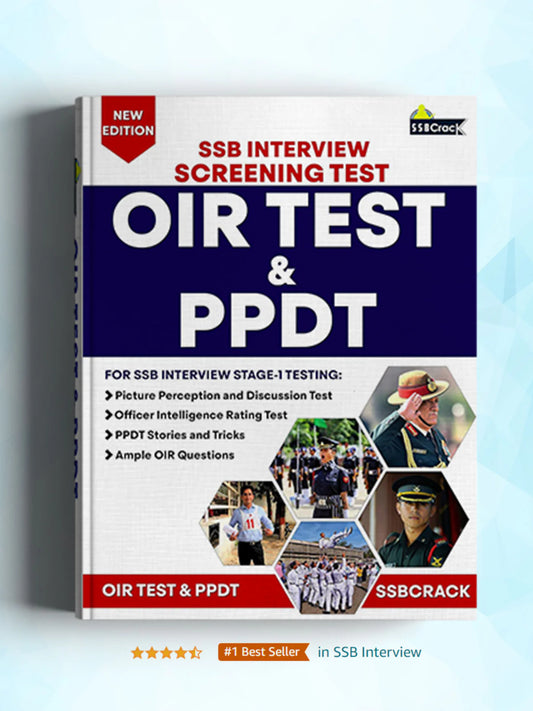
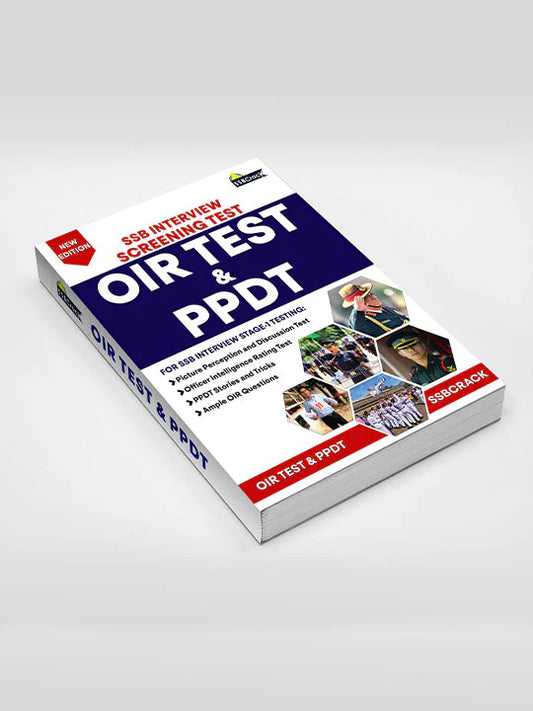


![Thematic Apperception Test (TAT) Part 1 eBook [100+ Stories]](http://shop.ssbcrack.com/cdn/shop/files/TAT-ebook-part-1-ssbcrack_051ae49c-43ea-4eb4-95c7-0fa0bfa2a639.jpg?v=1735540406&width=533)
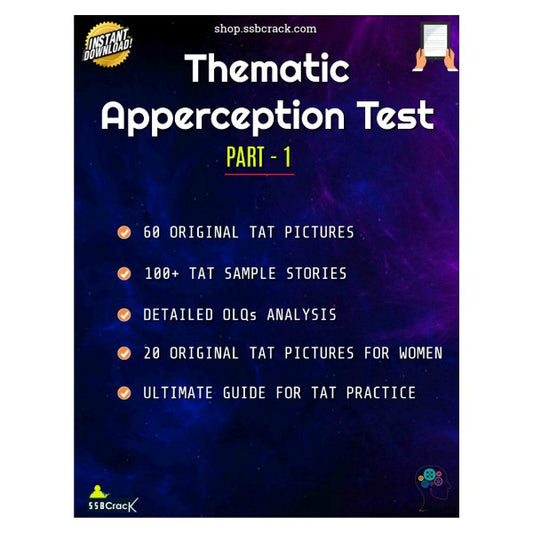


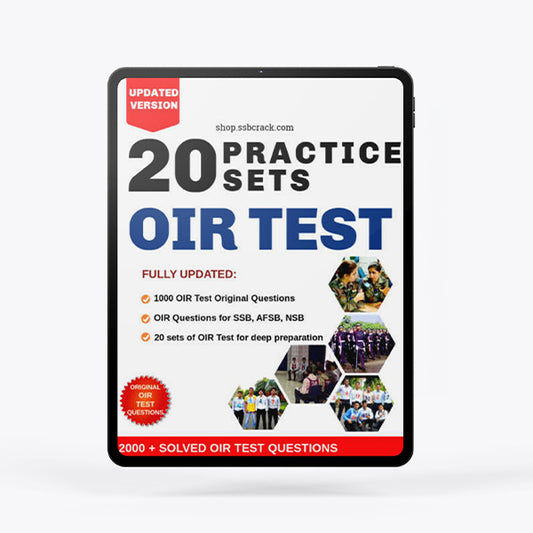
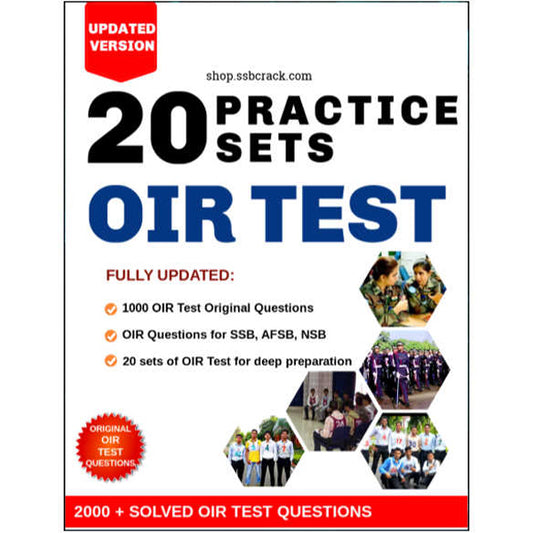







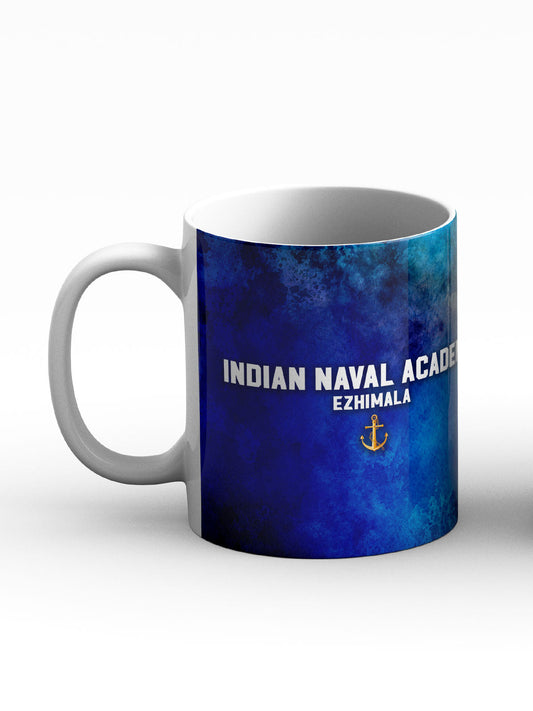














1 comment
In Picture : Major Rishabh Singh Sambyal, 4 Para SF, ADC to President.